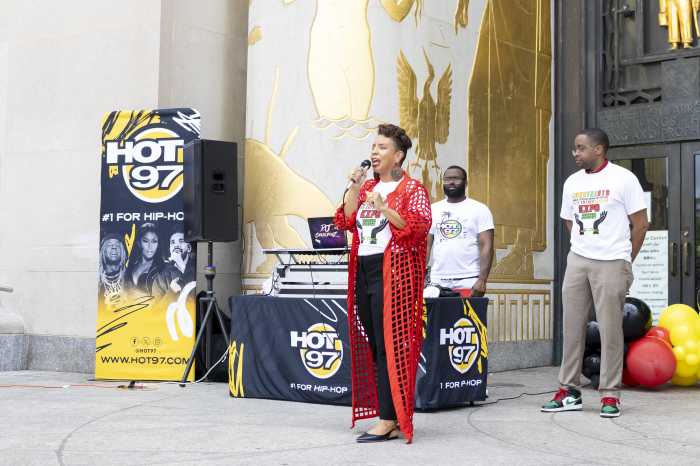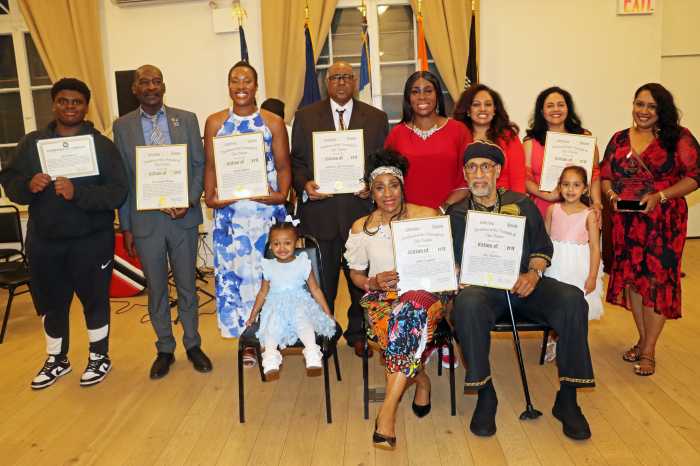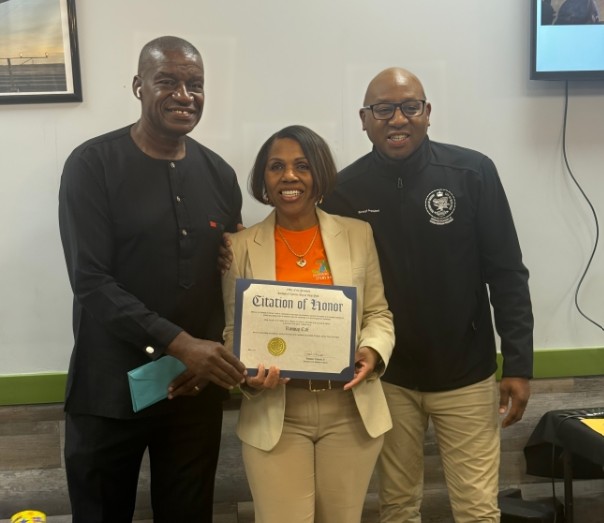You would think that after more than two centuries of practice, we’d know all about running efficient and accurate elections. Voting, after all, is the great shared ritual of democracy.
Elections make real the consent of the governed and provide legitimacy to our government. Registering to vote should be convenient and voting itself should be efficient and pleasant, with machines operating properly, registration lists accurate and current, fraud minimized and disputes handled fairly. Citizens should see their votes as both a right and a privilege and be proud they are citizens in a democracy.
Yet as the November elections approach, the systems by which they’re run seem more beleaguered and fragile than ever. Recently, the Pew Center on the States found that about 51 million eligible citizens aren’t registered at all and roughly one in eight voter registrations in the U.S. — that’s 24 million — are either no longer valid or are inaccurate.
Voter rolls are riddled with errors. Some voters are registered to vote in two or even three states simultaneously, and voters are unable to cast their ballots because of some unresolved — and usually unwitting — problem with their registration.
Since 2011 began, 16 states have passed new laws that for the most part have made voting more difficult. Some now require government-issued photo ID; some have restricted early voting; others have placed hurdles in the way of registering to vote. The results will make it harder to vote this year for some five million Americans, according to the Brennan Center for Justice at NYU Law School.
The disagreements over our election laws are genuine and long-standing. Some officials want these new restrictions on voting to prevent fraud. Others counter that fraud rarely happens and argue that new restrictions are making it harder for the young and minorities to vote. Some believe that higher voter turnout is undesirable; others that government ought to do everything it can to boost turnout.
Voter fraud is no joke. The integrity of the ballot is critical to the legitimacy of democracy. But while there is disagreement over the extent of fraud, two things about it seem to be clear: yes, it occurs; and no, there’s no epidemic of it. Treating fraud seriously and giving legitimate voters access to the ballot are equally important.
Much of the debate today on election laws centers around whether voters should be required to show photo identification at the polls. For most voters, producing a driver’s license is no big deal, but roughly one in 10 Americans don’t have identification — they don’t drive or travel by plane and don’t have a passport, but they’re still citizens who are qualified to vote.
Can we ensure that those who vote really are entitled to do so, while at the same time making it as convenient as possible for all who are entitled to cast their ballots?
Many officials who favor a photo ID pay scant attention to making identification easily available. It needs to be free of charge and readily obtainable for everyone who’s eligible. States that impose photo IDs need to take the next step of reaching out to voters through more offices, including mobile offices, and other affirmative efforts. This would help assuage the concerns of minority groups that voter ID laws are aimed at blocking them from voting. Some civil rights leaders believe that after a few election cycles, voter IDs might actually boost minority participation because they’ll give voters confidence that they won’t be challenged.
Requiring voters to identify themselves with a photo ID is a safeguard that helps build confidence in the system. But it has to be accompanied by an aggressive effort to reach qualified voters.
Improving elections will be neither easy nor inexpensive. States need to make elections administration a top priority — updating systems and eliminating errors, doing more to register citizens, making voting convenient and promoting information on registration and the voting process.
Surely it’s worth it. The legitimacy of our system of voting is strengthened by increased access for citizens and their confidence that votes are counted accurately and securely. Elections are contests over power. Ensuring that Americans have no reason to doubt the results is vital to our system’s health.
Lee Hamilton is director of the Center on Congress at Indiana University. He was a member of the U.S. House of Representatives for 34 years.

























